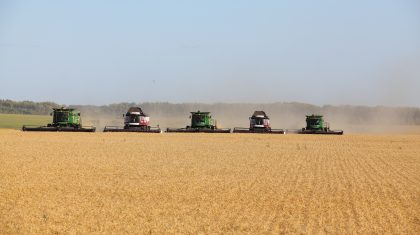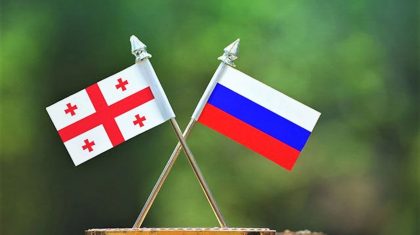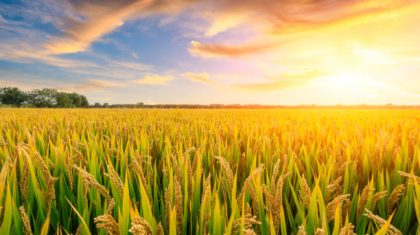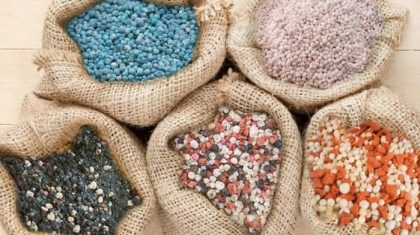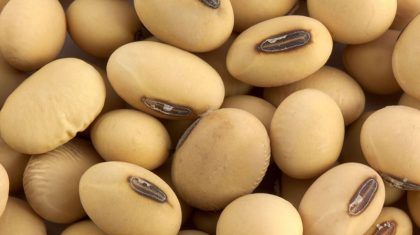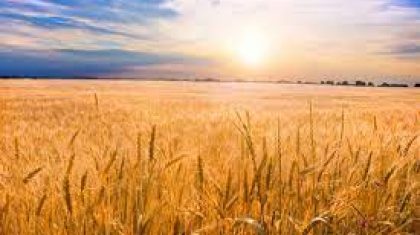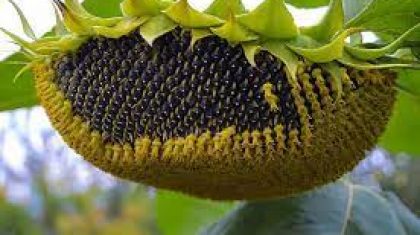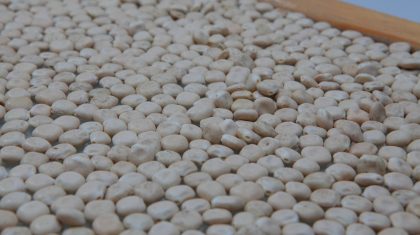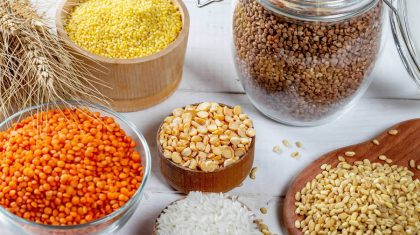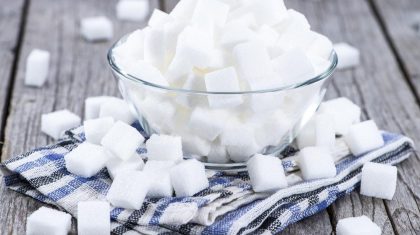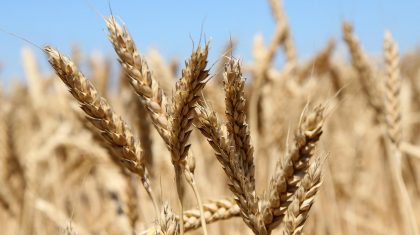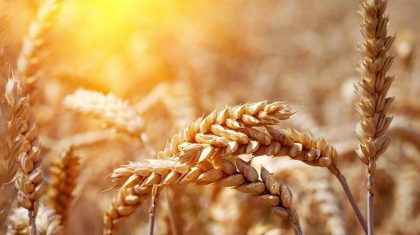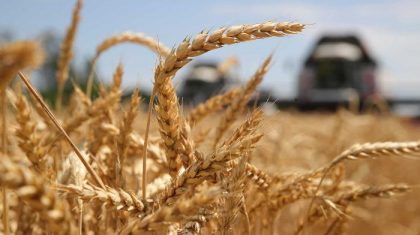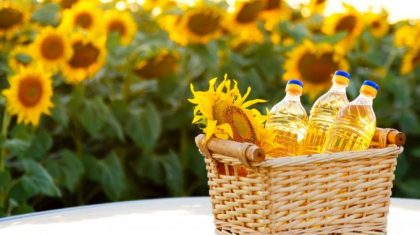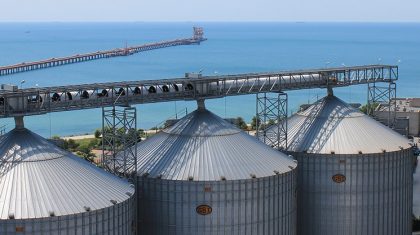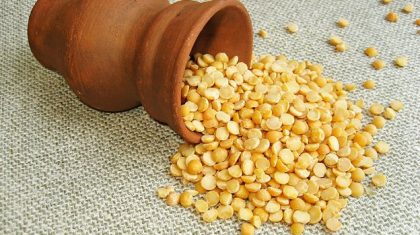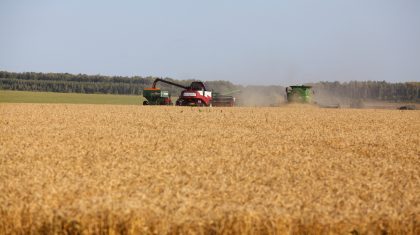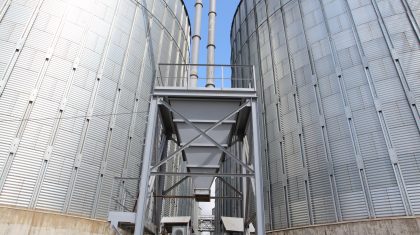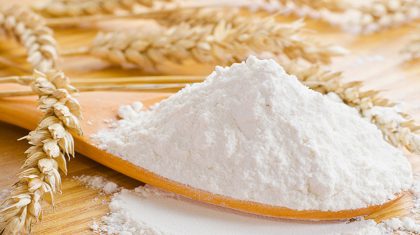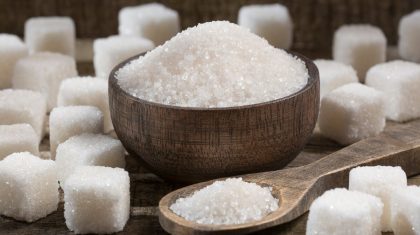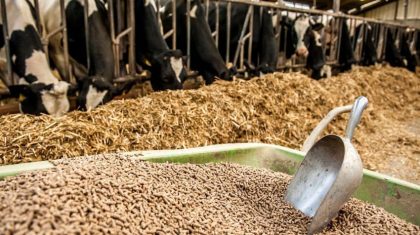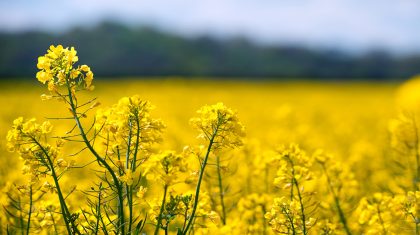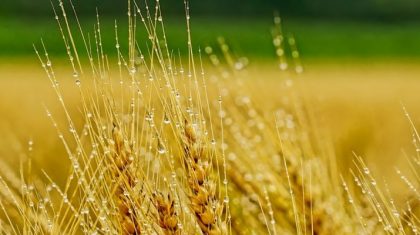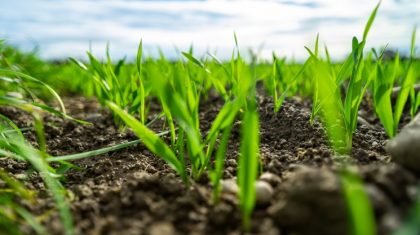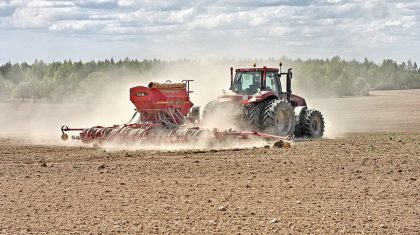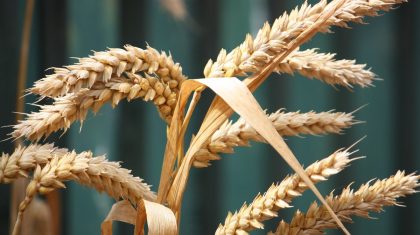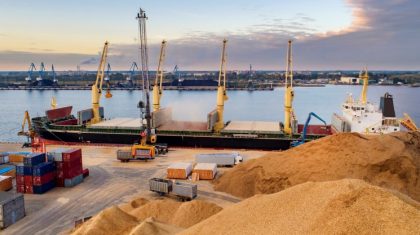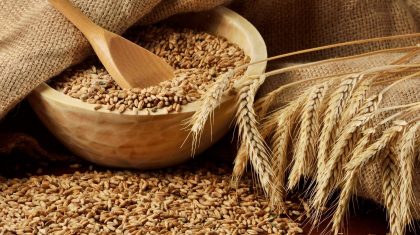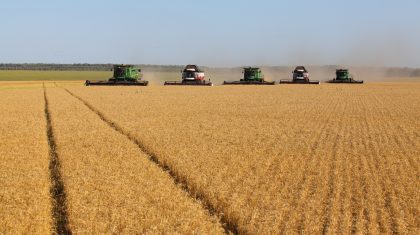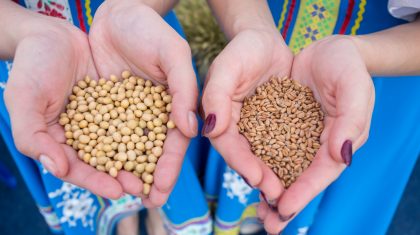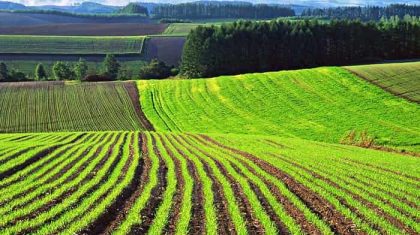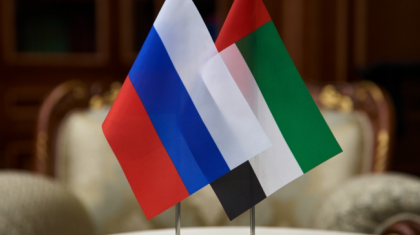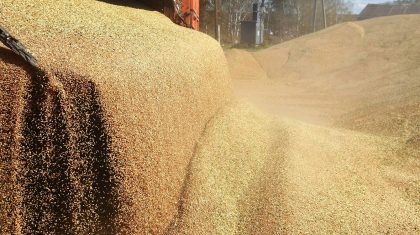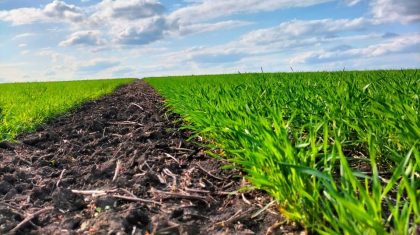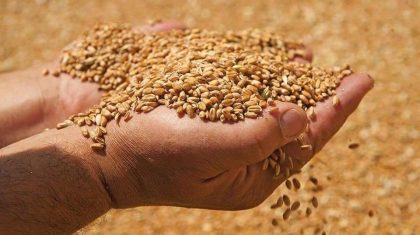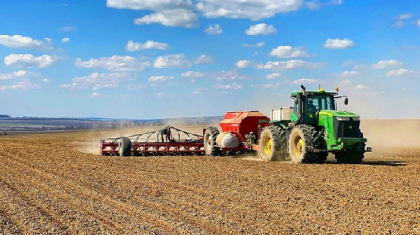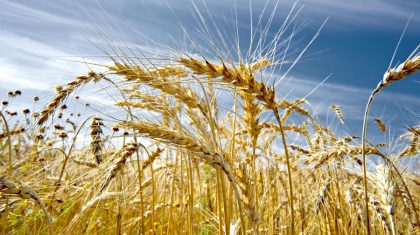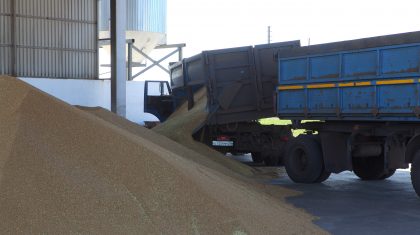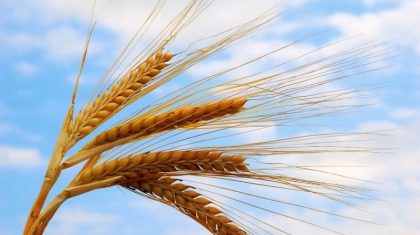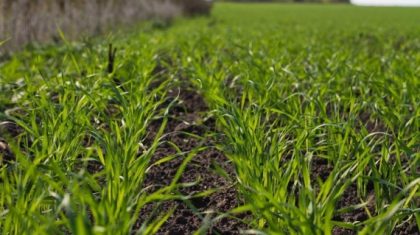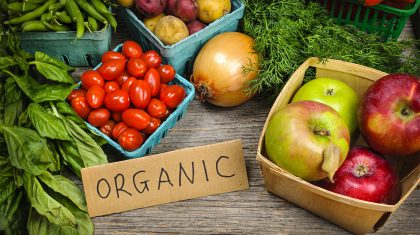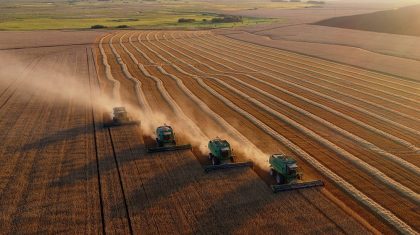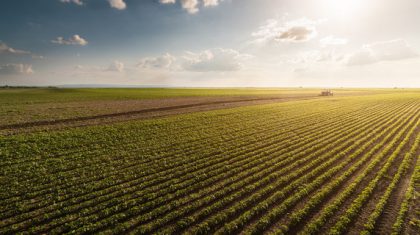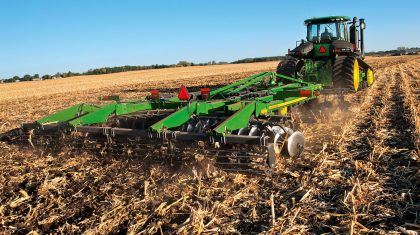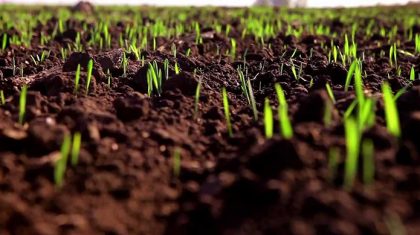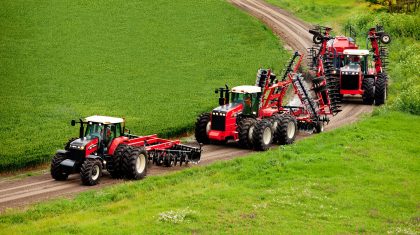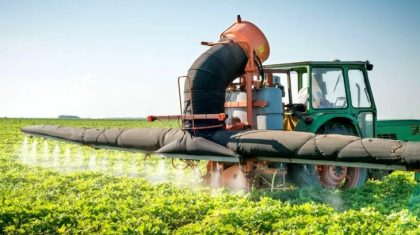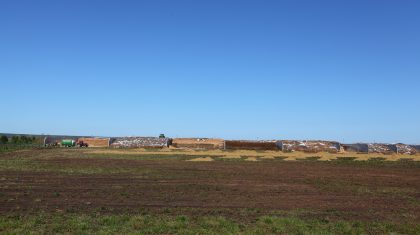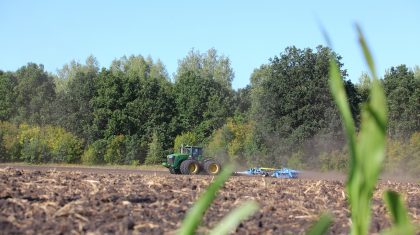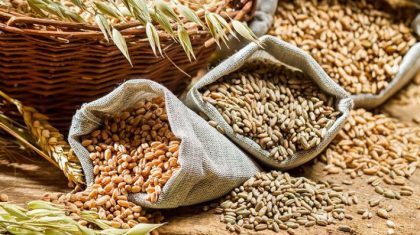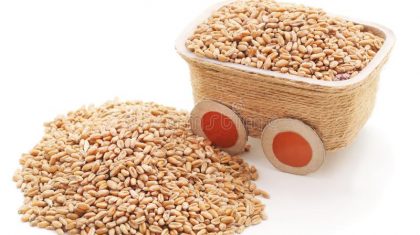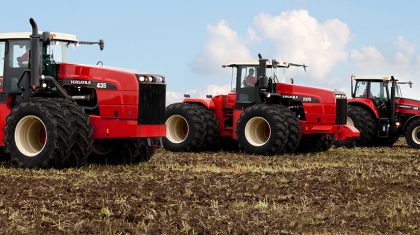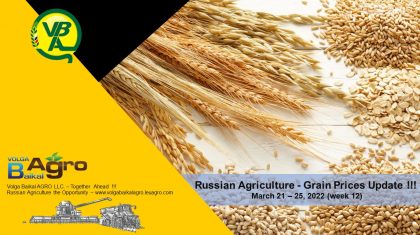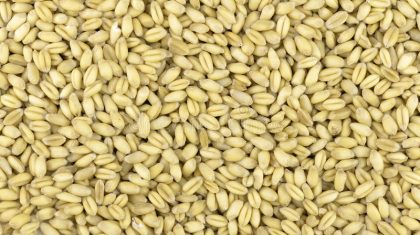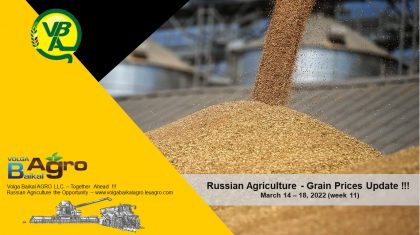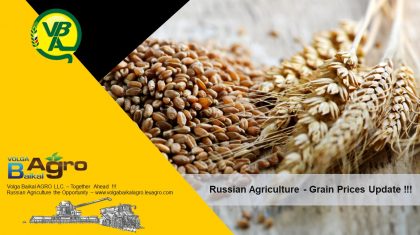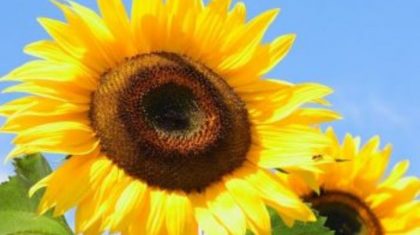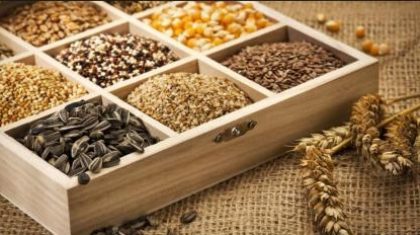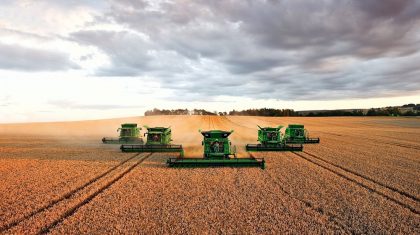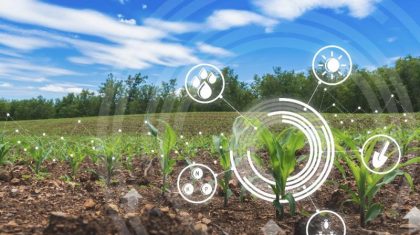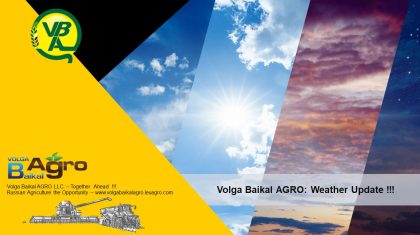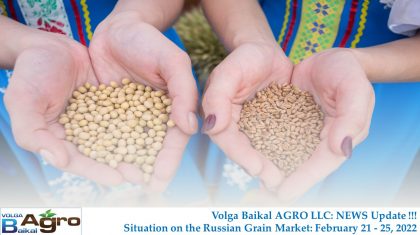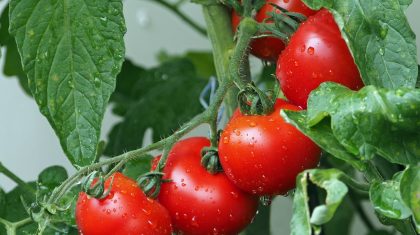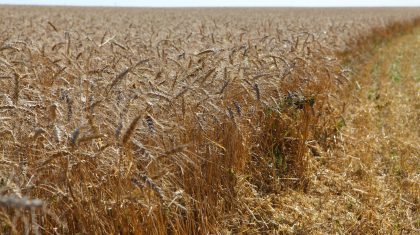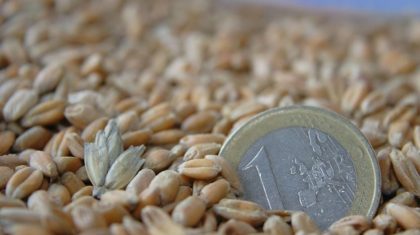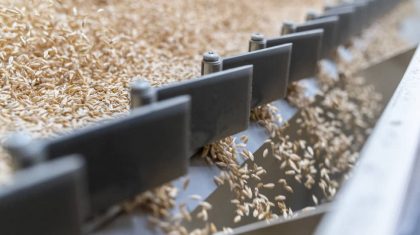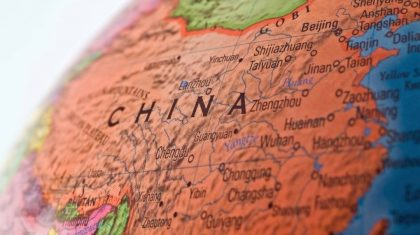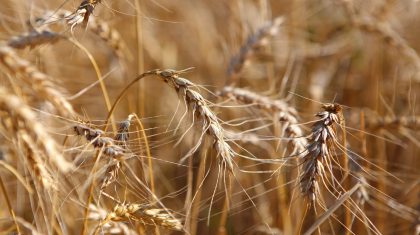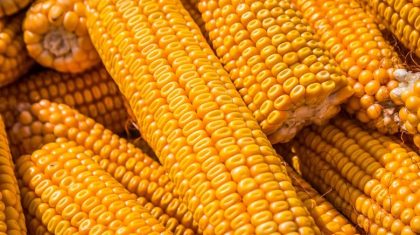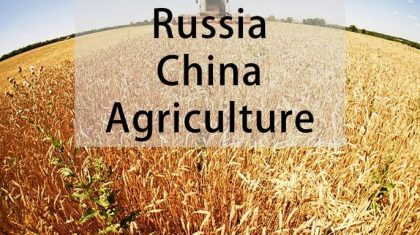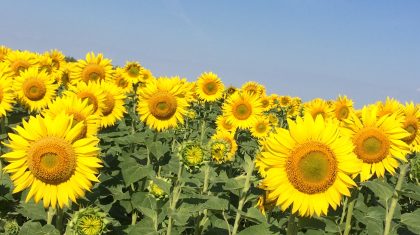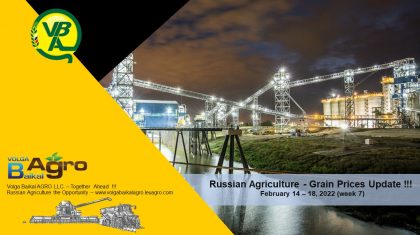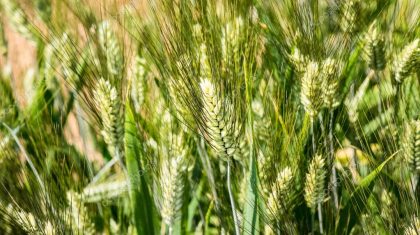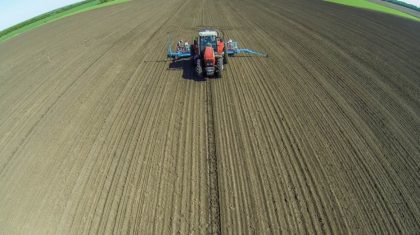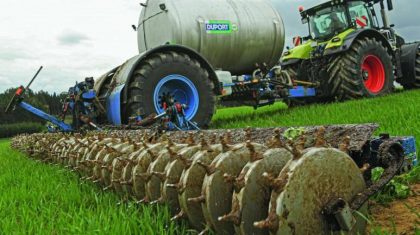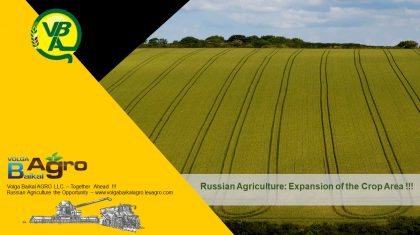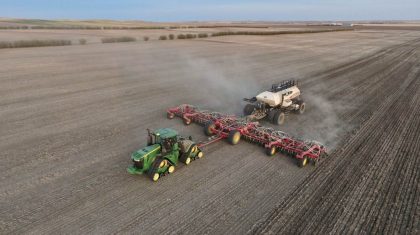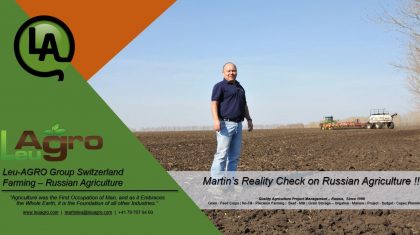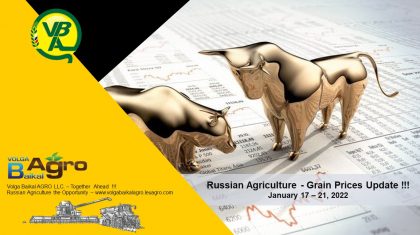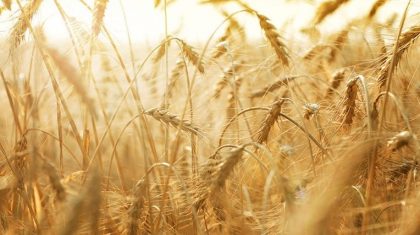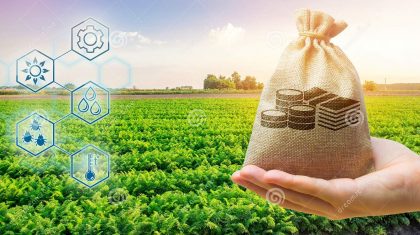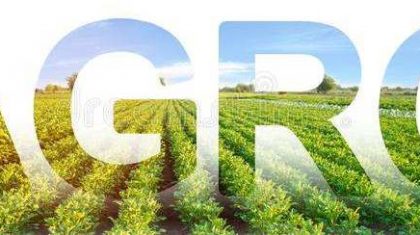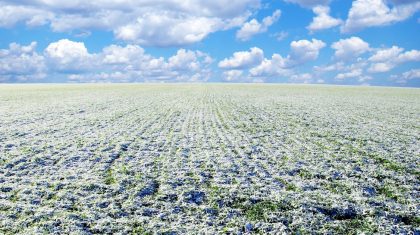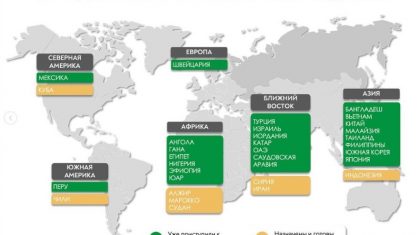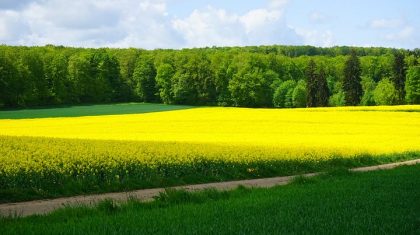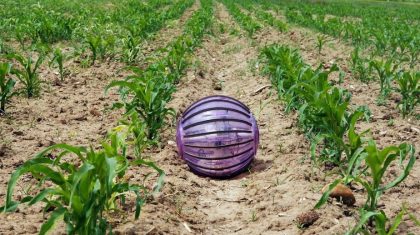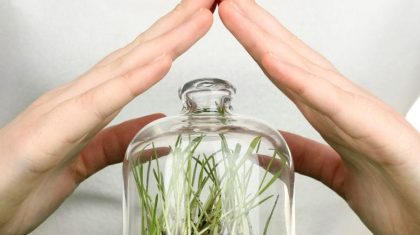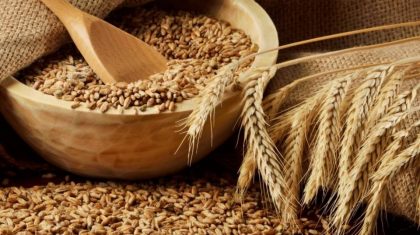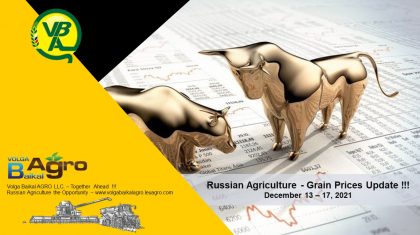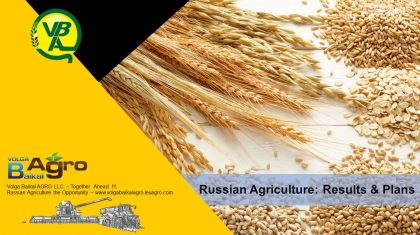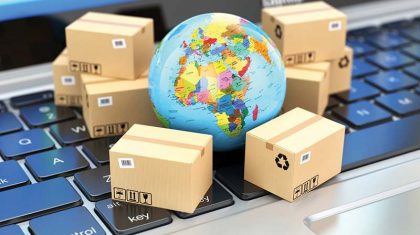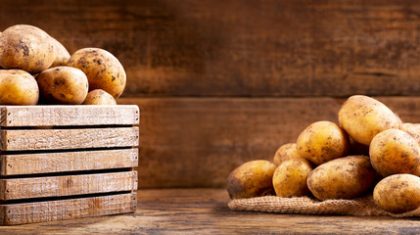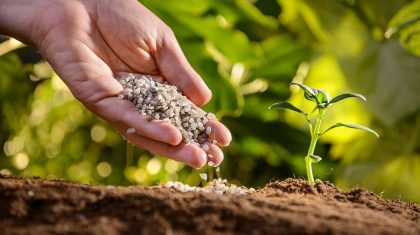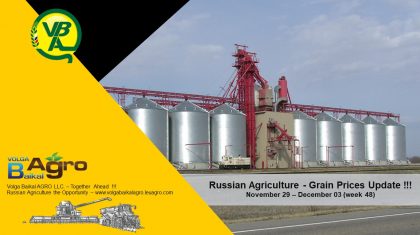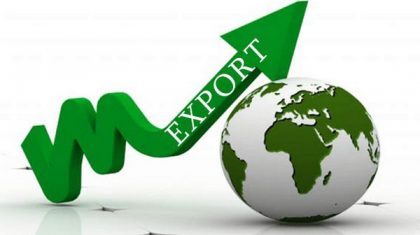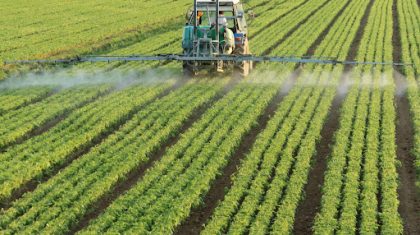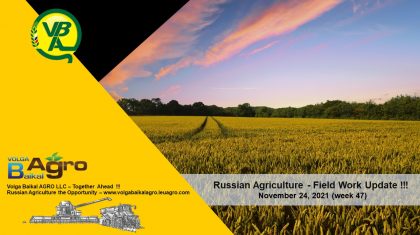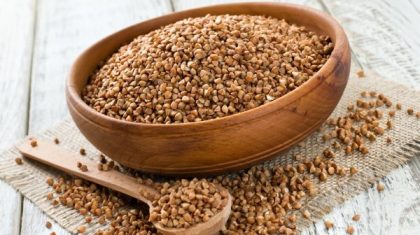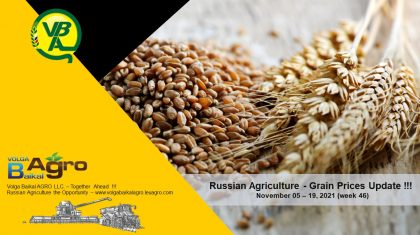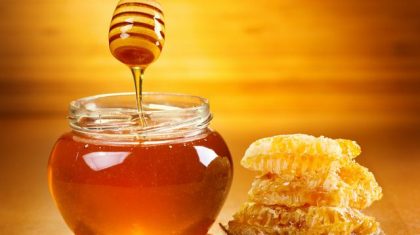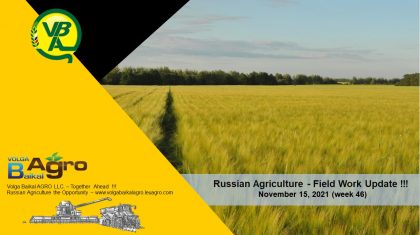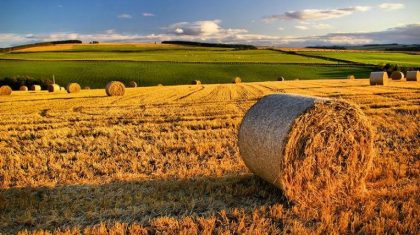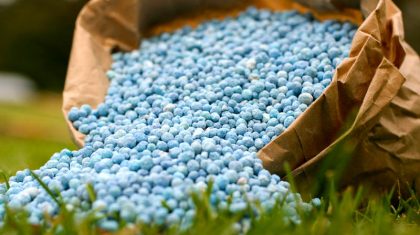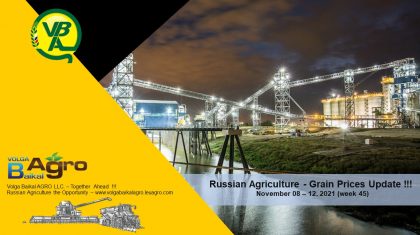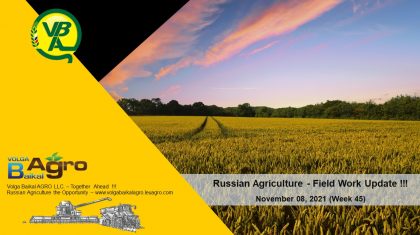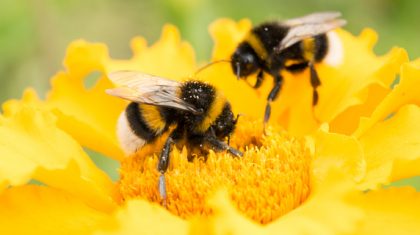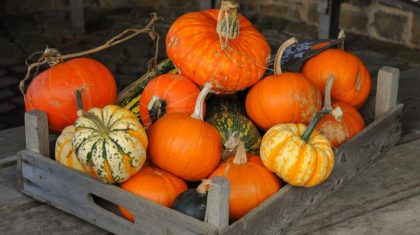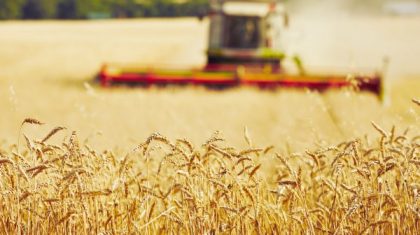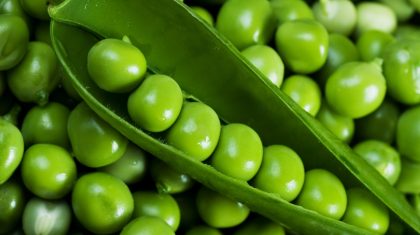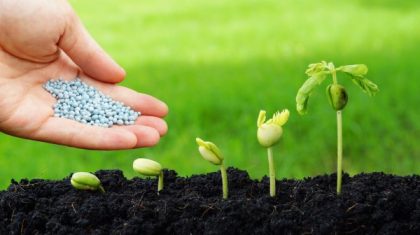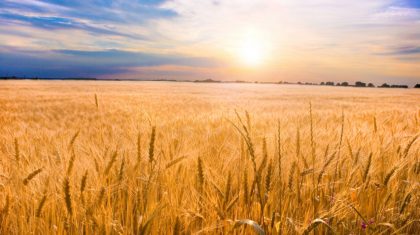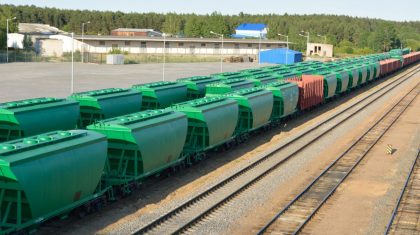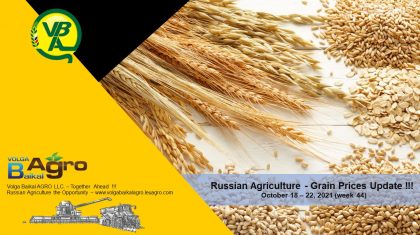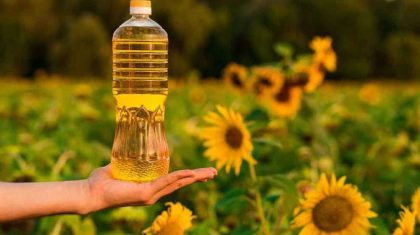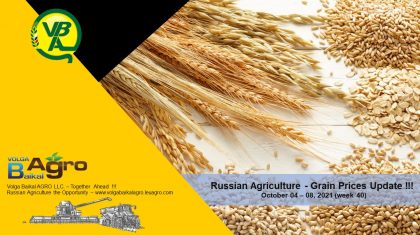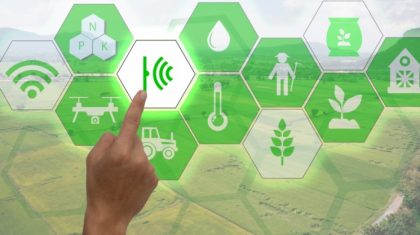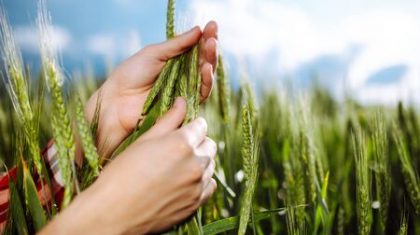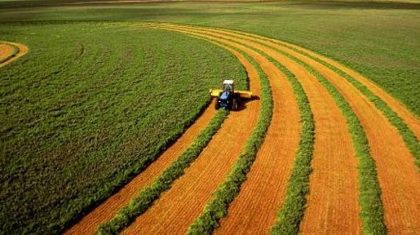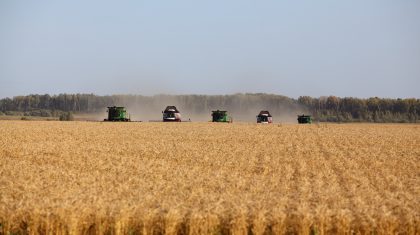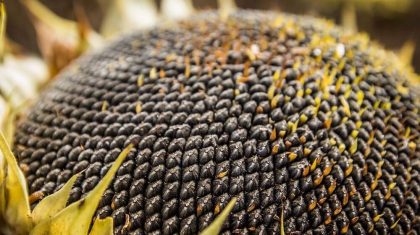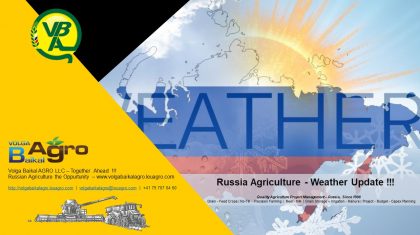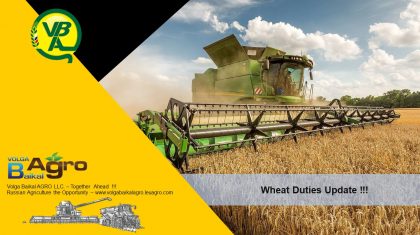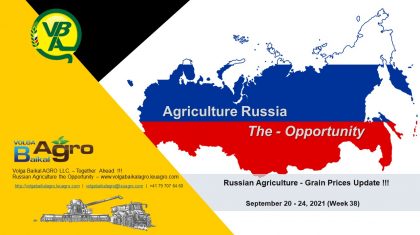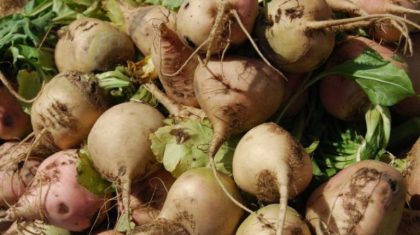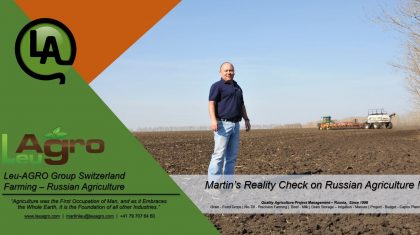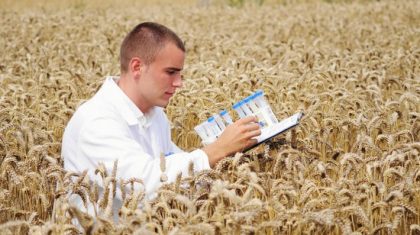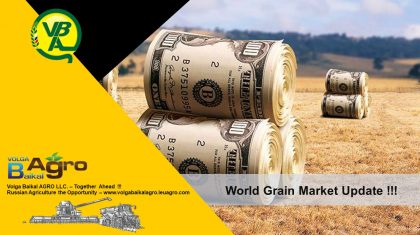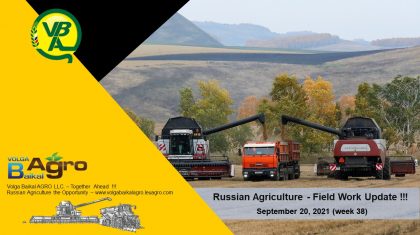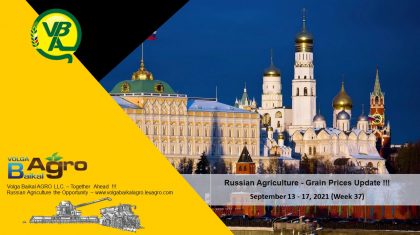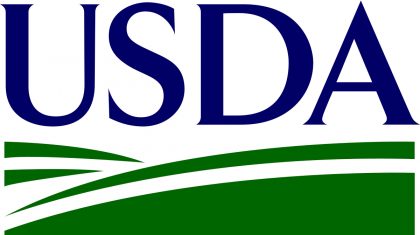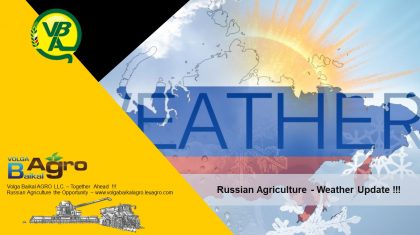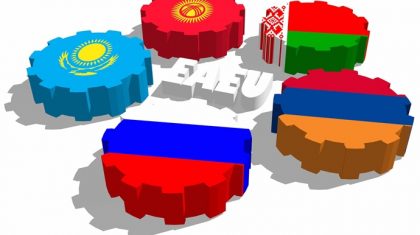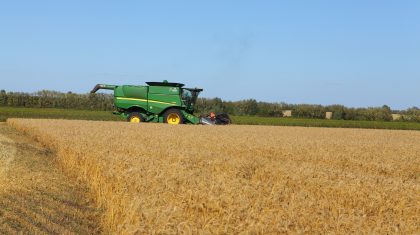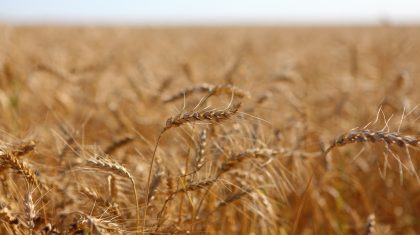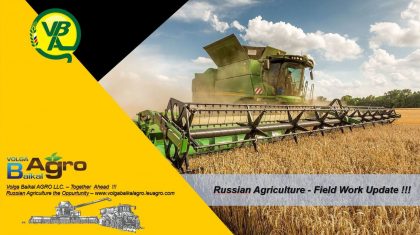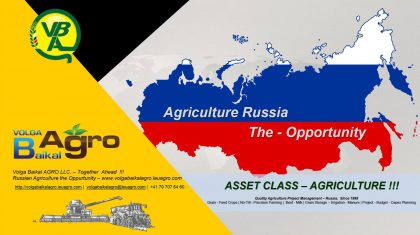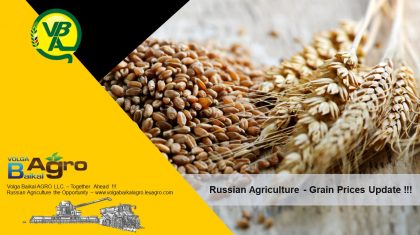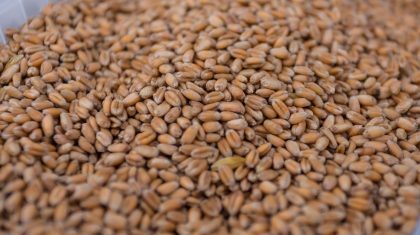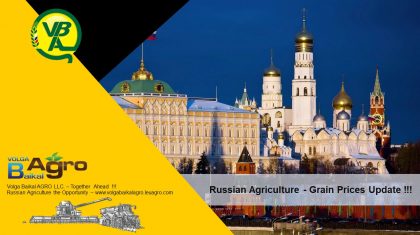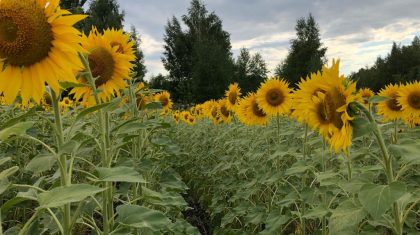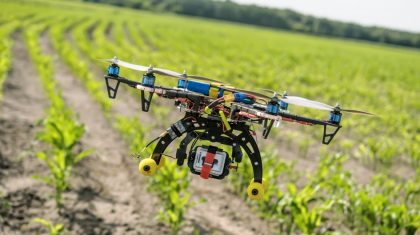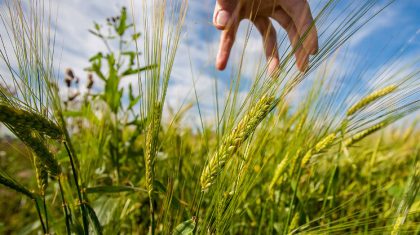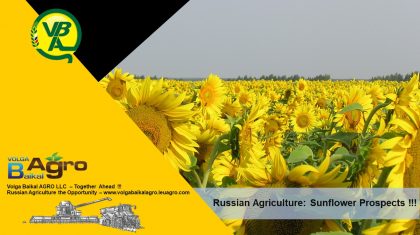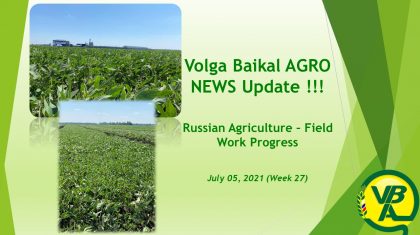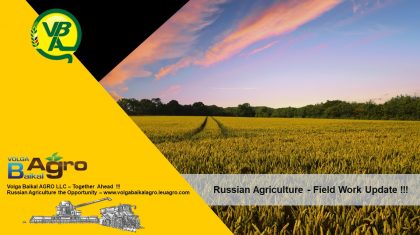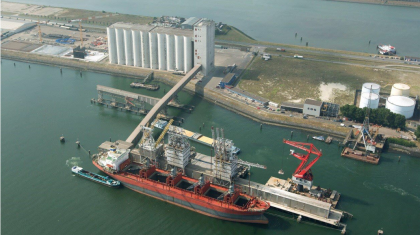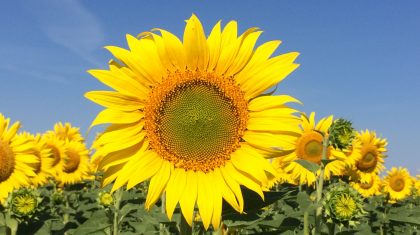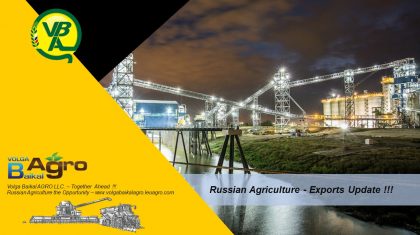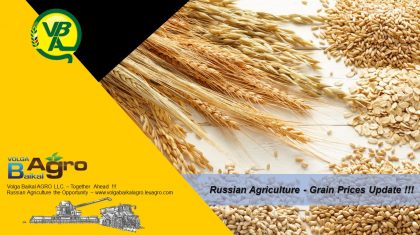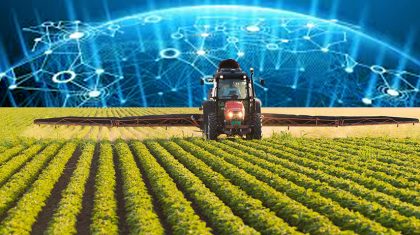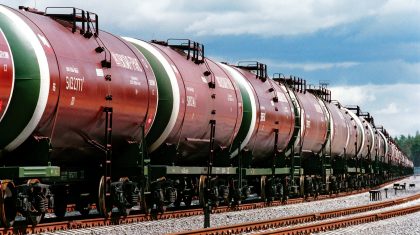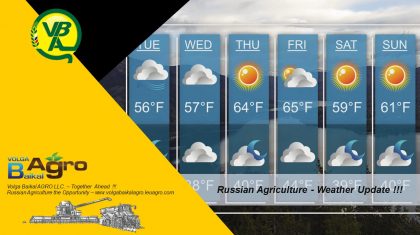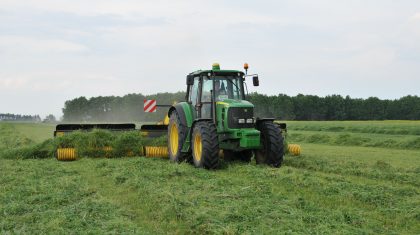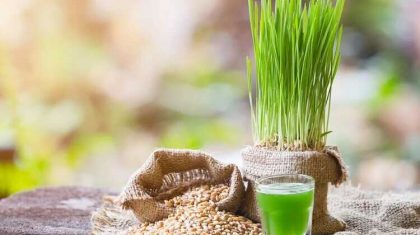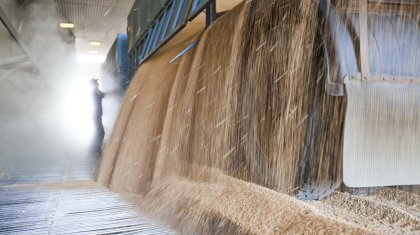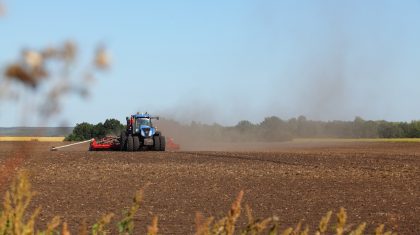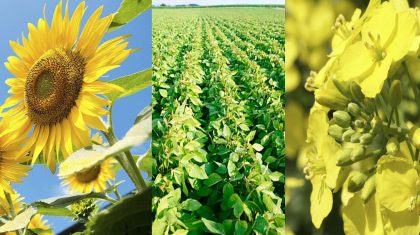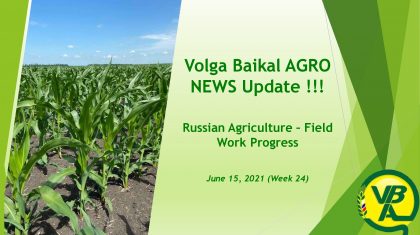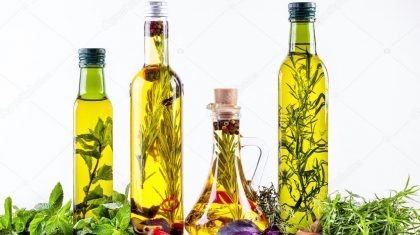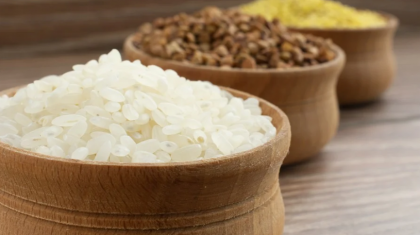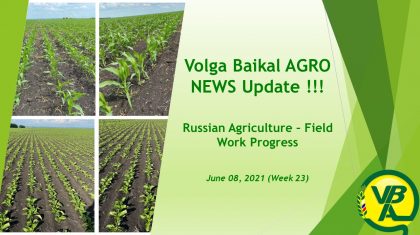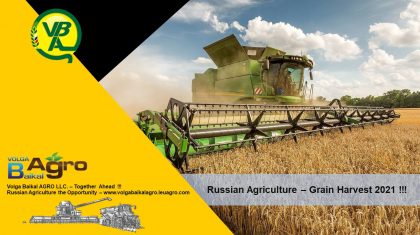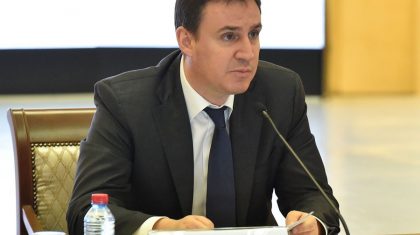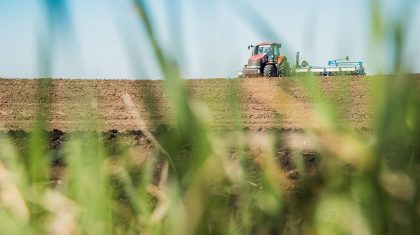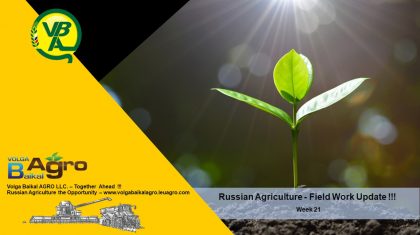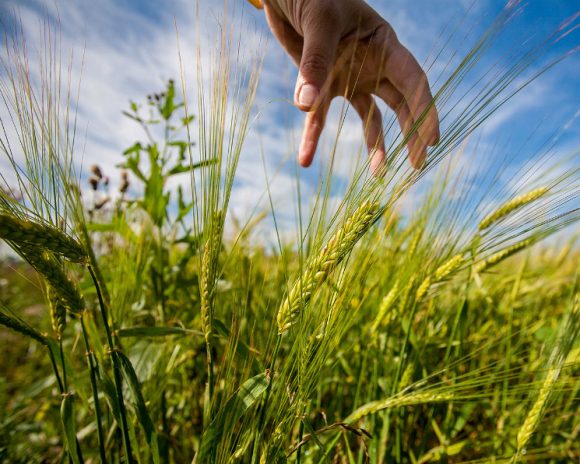
Volga Baikal AGRO NEWS Update on the Russian Economy Measures !!!
Agricultural holdings lobby for export duties and freezing of prices for mineral fertilizers.
The proven mechanism of manual economy management came into force. In December 2020, an interdepartmental working group was created to monitor and promptly respond to changes in prices for socially important goods, literally a few weeks later, the cabinet of ministers introduced a target price for sunflower oil and sugar, then they started talking about tariff quotas – the introduction of a floating export duty on grain, wheat, meslin, barley and corn, which has been in operation since June 2021. “Such a mechanism will prevent world prices from influencing the domestic market,” said then Deputy Minister of Economic Development of the Russian Federation Vladimir Ilyichev. Manual management of the economy and regulation of pricing policy is a political measure designed, first of all, to maintain a stable socio-political situation in the country, to prevent a shortage of raw materials and marketable products in the domestic market under a favorable external pricing environment. Economists may argue about the appropriateness of administrative intervention, but none of them will confirm the effectiveness of the measures taken: everyone has the recent experience of Venezuela before their eyes. As the protagonist said in Ridley Scott’s 1492: Conquest of Paradise, “life is much richer than the most fervent imagination.” Economists may argue about the appropriateness of administrative intervention, but none of them will confirm the effectiveness of the measures taken: everyone has the recent experience of Venezuela before their eyes. As the protagonist said in Ridley Scott’s 1492: Conquest of Paradise, “life is much richer than the most fervent imagination.” Economists may argue about the appropriateness of administrative intervention, but none of them will confirm the effectiveness of the measures taken: everyone has the recent experience of Venezuela before their eyes. As the protagonist said in Ridley Scott’s 1492: Conquest of Paradise, “life is much richer than the most fervent imagination.”
It is obvious that now agricultural holdings and retail chains cannot sell these goods above the “target” price. In such a situation, the easiest way for farmers to compensate for the lost income is to raise prices for other product categories that were not in the regulator’s area of attention. This is exactly what is happening. Rosstat recorded a sharp rise in prices for the most popular vegetable crops in Russia: potatoes and carrots rose in price by one and a half times only in May 2021 (!). There is no doubt that after the end of the freeze, prices will skyrocket upward for regulated goods as well, increasing the profits of farmers, and thereby neutralize the effect of the freeze period. Also, the general inflation will rise across the entire group of food products. Agrarian monopolies and retail chains find a way out by fulfilling the financial plan at the expense of the Russian consumer.
Freezing prices, on the contrary, will sharply hit small farms, which will no longer be interested in producing cheap products; at best, they will reorient production to other types of goods, which, of course, will lead to shortages and loss of quality. Concomitant losses are inevitable for small producers, with the necessary costs for fuel, transportation, storage, energy supply, purchase of fertilizers, building materials, maintenance, etc. “We have eternal problems due to the rise in prices for the circulating assets that we use in our production. Why doesn’t anyone talk about fuel? Diesel fuel is becoming more expensive regardless of whether oil is falling in price or rising. Our equipment is half, 60%, depreciated, it is old. We need to update the park,
The introduction of export duties on grain crops is an extremely controversial measure designed to reorient producers to the domestic market, stimulate the development of the agro-industrial complex and, again, keep prices down. The duties partially coped with these tasks, for example, statistics from the SovEkon agency show that grain prices in Russia for wheat from late May to early July 2021 decreased by 8%. The Ministry of Agriculture confirmed these data to Nezavisimaya Gazeta, informing that the effect of tariff quotas on grain exports allowed maintaining a stable situation on the market. For example, since the beginning of the year, prices for wheat (3rd grade – 4.6%, 4th grade – 4.3%) and rye (-8.7%) have decreased. The other side of the coin is the new shortfall in income of agricultural holdings. “In June, agricultural producers lost about $ 90 million, which went to pay the duty,” – Alexander Korbut, vice president of the Russian Grain Union (RGU), told Interfax. “Neither exporters, nor carriers, nor port workers have lowered prices for their services, which is quite objective. And for all subsequent links in the supply chain, the first link paid off – agricultural producers, ”he said.
Agricultural holdings do not need to reinvent the wheel here either. An effective way out of this situation has long been found – government subsidies and cheap loans from state banks. The Ministry of Agriculture promises that payments to farmers will begin in August 2021. Funds within the volume received from export duties will be compensated in the form of subsidies to farmers to reimburse the costs associated with the production and sale of grain crops. “Such a mechanism will prevent a decrease in the profitability of farmers and the production of agricultural products,” – the Ministry of Agriculture points out.
In addition to the fact that preferential loans and a support program for farmers amount to more than 300 billion rubles annually, income tax is 0%, and VAT is 10%, the promise to compensate for the costs of production and sale of grain crops at a rate per ton of products sold is a good help.
Agriculture in Russia enjoys huge benefits and state support, like no other sector of the economy, but agricultural holdings want to implement the entire “royal” combination: to make money on the foreign market, on inflation at the expense of the Russian consumer, at the expense of the state through incentives, subsidies, loans, etc. due to related industries – producers of mineral fertilizers.
For example, the aforementioned Alexander Korbut believes that the money lost by farmers could have been invested in fertilizers, plant protection products, and seeds. “And this is one of the reasons why agricultural producers are so nervous and excited about the rise in prices for mineral fertilizers. They were deprived of their income, while the rest of them retain their income, ”said Alexander Kobut. “If a goat is stolen from you, you will also steal a goat,” says one of the laws of Hammurabi. But contrary to expectations, the Russian market cannot be regulated by the laws of Tsar Hammurabi, which were written in the 18th century BC. National income and wealth are not multiplied by division.
Analysts do record an increase in world fertilizer prices. Growth is noted in a number of popular species such as urea, ammonia, ammonium nitrate and azofoska. As the saying goes, one cannot understand anything in economics without understanding everything. World fertilizer prices only started to rise at the end of 2020, when food prices have already broken five-year highs. According to experts, mineral fertilizers are recouping a 40% drop in 2020 and 2019. It turns out that the current increase in food prices can in no way be associated with mineral fertilizers, because for the spring sowing campaign, farmers bought them at the lowest prices over the past two years. Today, global commodity prices, including mineral fertilizers, have risen, but have not yet reached their past peak values of 2012-2014. The reasons for the price increase are obvious.
In domestic markets, the situation can differ in favor of ensuring the food security of countries, protecting markets from unfair competition from other players, problems of product logistics, and agricultural efficiency. Today, agrochemists fully meet the needs of farmers in their products, the “voluntary discount” of prices of Russian fertilizer producers reaches 30-40% of the world prices for the entire product line. The introduction of a total freezing of prices for industrial goods needed by farmers will not solve the problem of reducing the cost of agricultural production, because the share of mineral fertilizers in the total costs of production of basic crops is only 7-15%, and in the structure of the price of basic food it is 2%. The introduction of export duties on mineral fertilizers pursues only a fiscal function.
In economics, you cannot understand anything without understanding everything. The pricing policy of producers of mineral fertilizers in Russia has been determined for several years in a row by a complex intersectoral consensus between agrarians and agrochemists under the control of relevant ministries and the Federal Antimonopoly Service. The mechanism has proven to be effective and continues to work. And, no matter how much the agrarians would like, it is not the laws of Hammurabi and gross administrative interference,
but only a continuous rational dialogue between market participants, a balance of supply and demand that can ensure sustainable economic growth of the country.
Source: Regnum News






